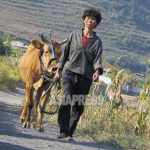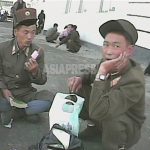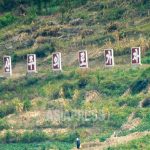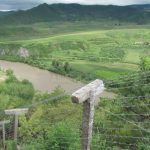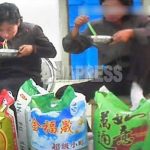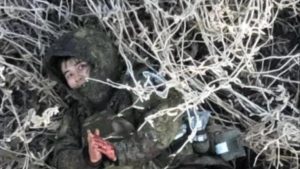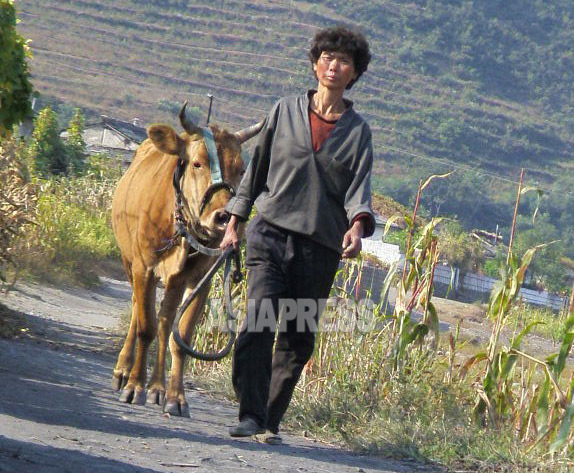
Since mid-September, “grain checks” have been carried out across the North Korean countryside to prevent rice and corn from being sold privately by farmers.
A reporting partner from North Hamkyung Province said, “The police and discharged soldiers have set up checkpoints along the roads in the countryside to inspect people’s luggage. The most grain each farmer is allowed to take away from their farm at a time is 15 kilograms. There are some who want to sneak out with some of their crops to sell privately at markets; if they are caught, they must forfeit everything.”
Such “grain checks” happen each year, however, this year’s are supposed to be exceptionally strict. As this year’s harvest was even worse than last year’s, the authorities are strictly controlling grain supplies and are doing their utmost to ensure that food is first secured for the military and government agencies.
◆ Lack of farming supplies due to financial difficulties
The reporting team of ASIAPRESS has conducted inspections of various farms in North Hamkyung Province, Ryanggang Province, and South Pyongyang Province. To begin with, reporting partners found that overall grain production was very poor this year. As record-high temperatures and drought hit the country last year, the Kim Jong-un regime, as it has done each year since 2011, was forced to once again request food aid from UN agencies. According to reporting partners though, this year’s food situation will almost certainly be far worse than last year’s.
The previously mentioned reporting partner, from North Hamkyung Province, visited a cooperative farm producing corn. The leader of the farm told the reporting partner, “Production will come out to 10-15% less than last year’s total, which was itself a disaster. It is simply impossible to achieve the quota set by the government.”
The farmer cited the following reasons for this year’s poor output:
- Lack of farming supplies
- Lack of workers
- Drought
- Diminishing soil fertility
The supplies that farmers rely upon include: fertilizer, vehicle fuel, and agricultural chemicals. Due to financial difficulties caused by international sanctions, however, the authorities have not been able to supply these necessary materials to farms. The resulting lack of fertilizer has been especially serious.
As the output of chemical fertilizer plants has been greatly reduced and fuel for vehicles has not been properly supplied by the state, government agencies and companies are reportedly renting vehicles to drive to fertilizer plants themselves in order to pick up fertilizer supplies. As payment for borrowing the vehicles, the companies hand over some of the fertilizer they have picked up from the factory. Supplies of the necessary fertilizers are dwindling though.
The reporting partner from North Hamkyung Province said, “Corn must be fertilized at least twice by mid-July, but only half of crops received the necessary amount of fertilizer. The corn couldn’t grow properly. A farm overseer said that, as the corn didn’t take root properly, a group had to be formed to re-plant the corn seeds 3 more times.”
Next page : Men are disappearing from the countryside...
